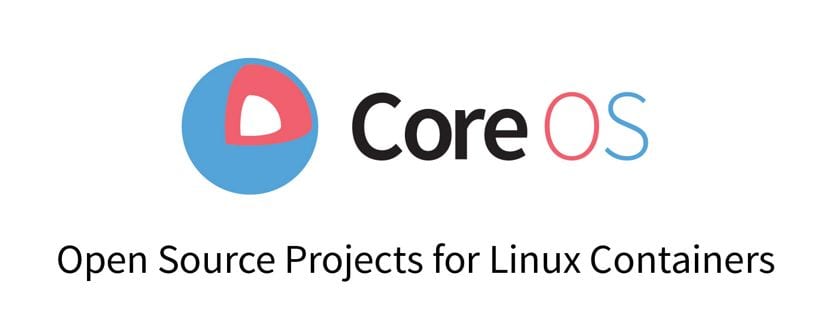
The leader of the Fedora Project, Matthew Miller, and Red Hat Atomic OpenShift Engineer Dusty Mabe, announced Fedora CoreOS, a future operating system designed to replace the Fedora Atomic Host.
Fedora Project Developers have reported that they removed the Fedora Atomic Host components from the Rawhide repository and that they suspended the development of this edition of the distribution. Fedora 29 will be the last version with Fedora Atomic Host components.
After the maintenance cycle is complete, release of Fedora 29 updates for Fedora Atomic Host will be discontinued completely (tentatively in November or December 2019).
What is Fedora Atomic Host?
Atomic Host from Project Atomic is a lightweight, immutable platform, designed for the sole purpose of running containerized applications.
The Fedora Atomic Host project framework offered a minimized environment that is atomically upgraded by replacing the image of the entire system, without breaking it up into separate packages.
Based on the Fedora Atomic Host, a specialized environment was formed to launch and manage the Docker isolated containers.
Fedora Atomic Host unlike a virtual machine, which includes a complete operating system, a container is intended to contain only the software necessary to run an application.
Therefore, to run a container efficiently and safely, you need an operating system that provides secure container services and acts as a foundation for running containers.
Its best use is to provide a reliable and easily upgradeable operating system for running containers.
The different Atomic Host formats are available to run on any type of activity, from a simple platform to a variety of cloud environments.
With an Atomic Host installed, you can use the docker command as you would on other container-enabled systems.
However, Atomic Host also comes with an additional command called atomic, which expands on what you can do with containers.
But Atomic also has other features that allow you to:
- Work with Atomic Hosts: Verify, Update, Roll Back, and Unlock Atomic Host Systems
- Manage images: install (to run in predefined ways), update, verify and scan container images.
- Operate in containers: list, update and undo
The Fedora Atomic Host practices were used to form the Red Hat Enterprise Linux Atomic Host and CentOS Atomic Host products.
Goodbye Fedora Atomic Host, hello Fedora CoreOS

Given this, it has been reported that the Fedora Atomic Host project will be replaced by the Fedora CoreOS project, which continues the development of the Linux Container Linux server system, which was taken over by Red Hat after the purchase of CoreOS.
All packages that support the work of the final applications were delivered directly as part of the containers, and the host system contained only a minimal set of components (systemd, journald, docker, rpm-OSTree, etc.).
As part of the product Fedora CoreOS, Fedora Atomic and Container Linux technologies are combined.
Like Fedora Atomic, part of Fedora CoreOS is based on Fedora repositories using rpm-ostree, and SELinux is used for additional container isolation, but basic technologies such as Ignition (configuration system in the initial stage of boot, an alternative to Cloud-Init) and the installation mechanism. Updates migrated from Container Linux.
Fedora Atomic Host development cessation will not affect the development of the Fedora Atomic Workstation project, which is now being developed under the name Fedora Silverblue and may eventually replace the traditional Fedora Workstation.
The Fedora Silverblue edition is also delivered in monolithic form, without dividing the base system into separate packages, using the atomic upgrade mechanism.
Instead of Docker containers, sufficient auto flatpak packages are used to install additional applications.
The system image is indivisible and is formed with OSTree technology (individual packages cannot be installed in this environment, you can only rebuild the entire system image by expanding it with new packages using the rpm-ostree toolkit).
Fedora Silverblue is the best operating system I have ever tried. Hopefully Red Hat continues that development. I think it's the future of "Linux" distros